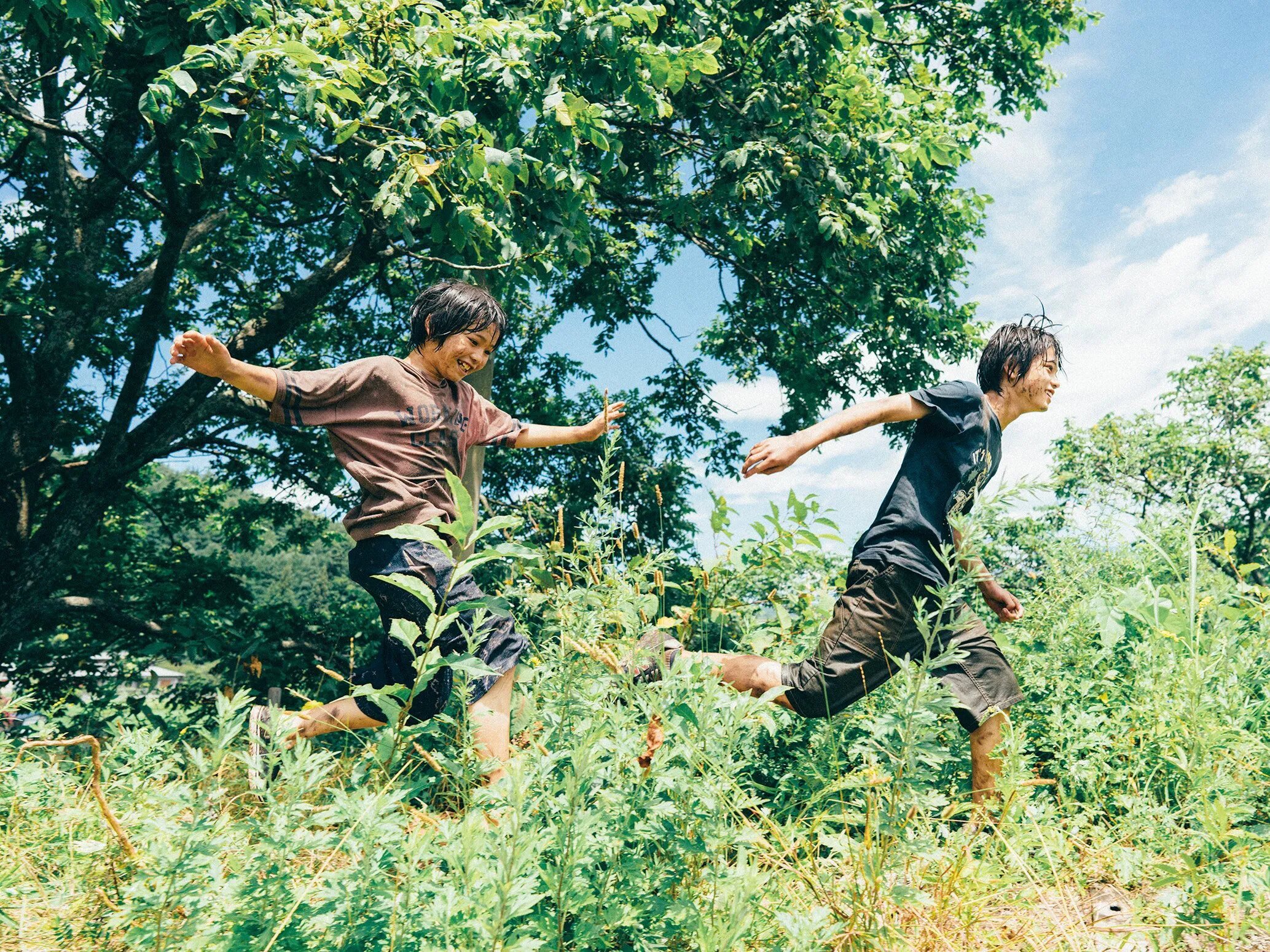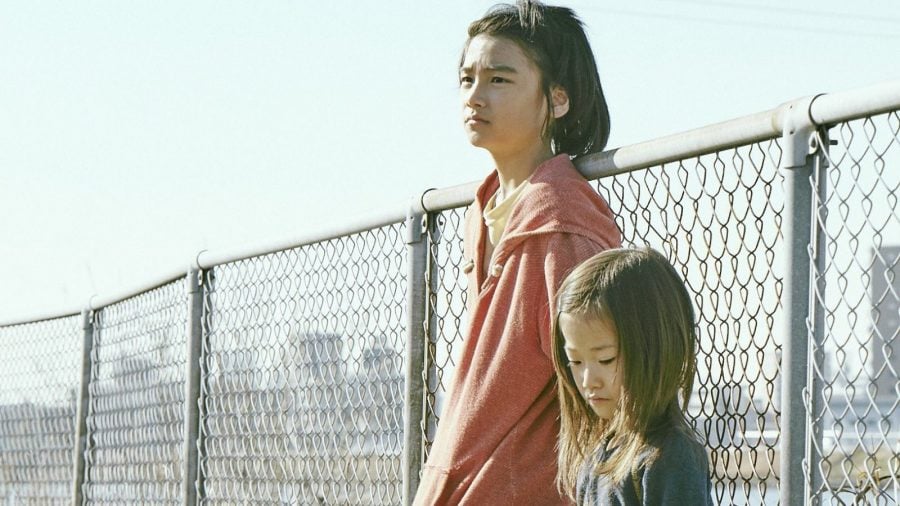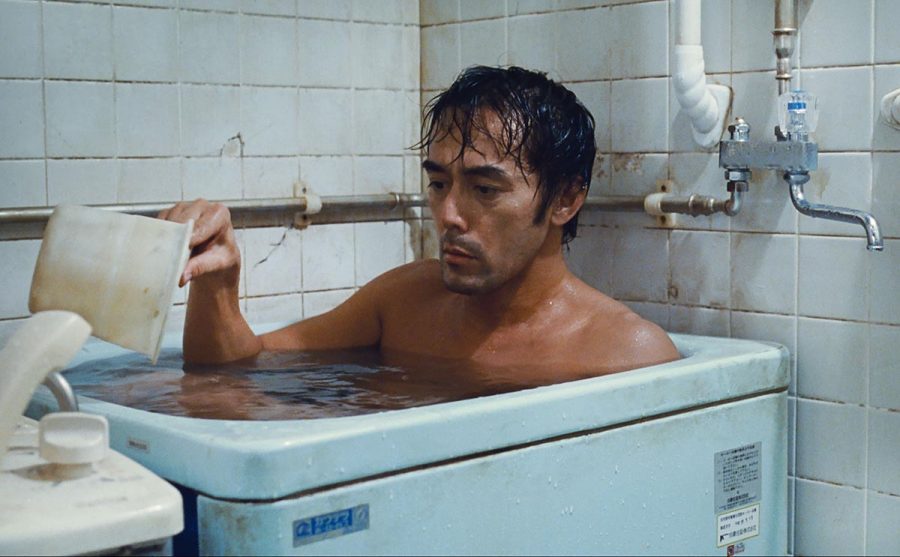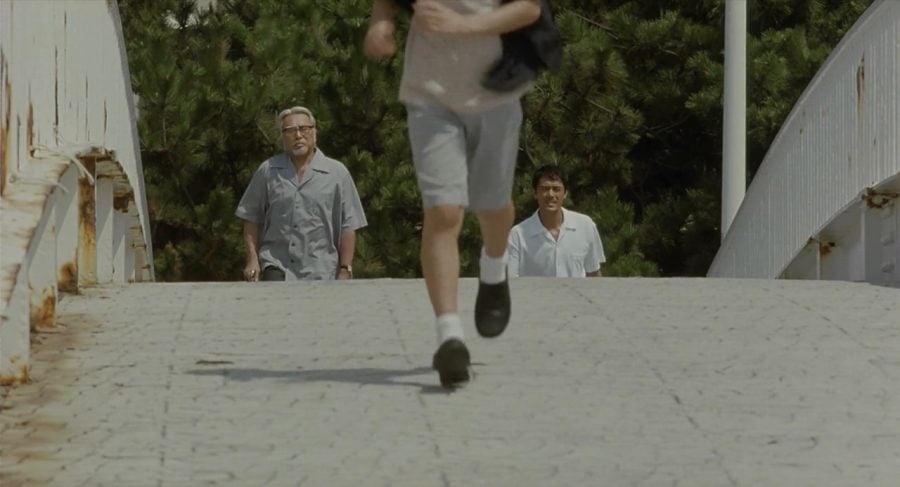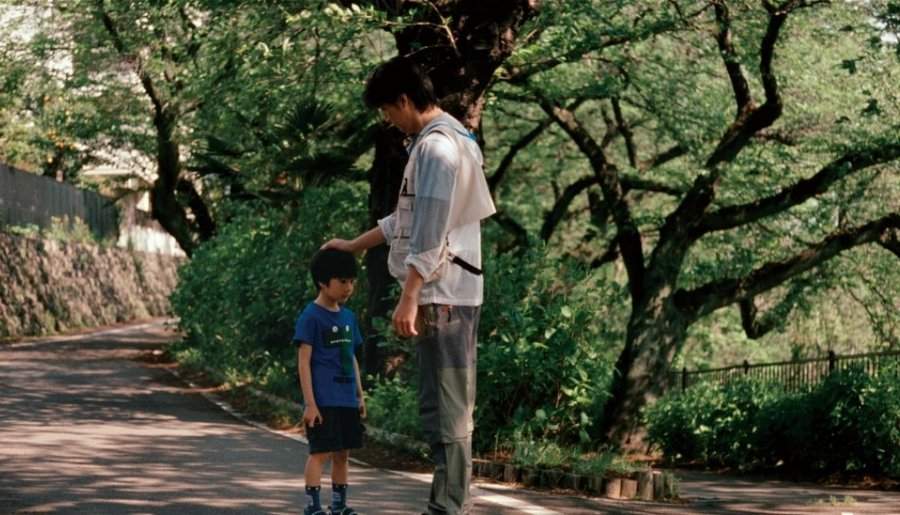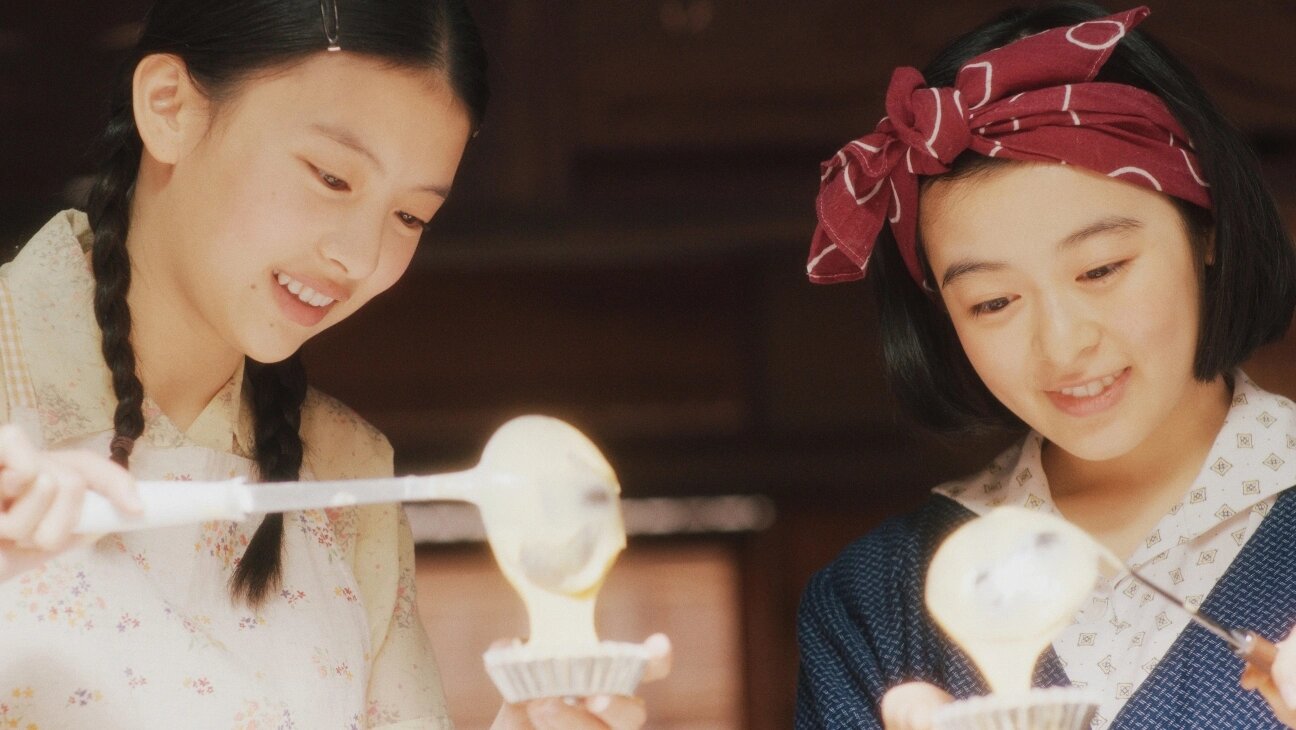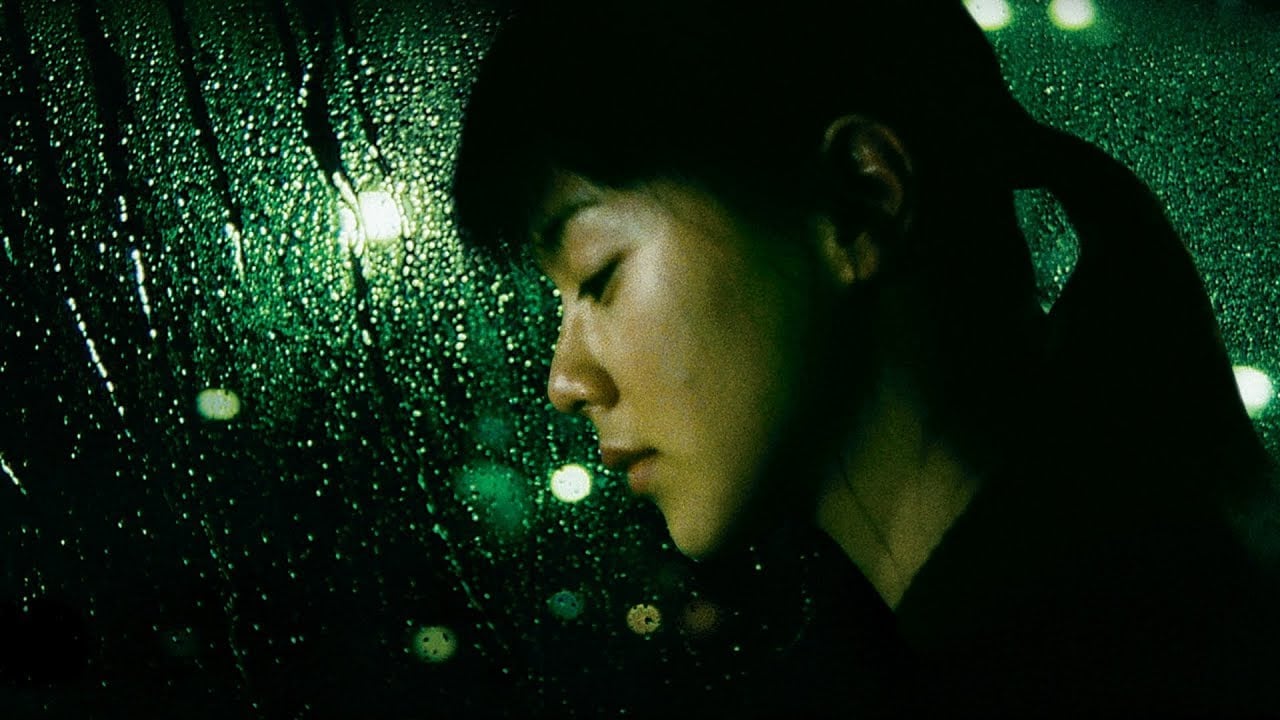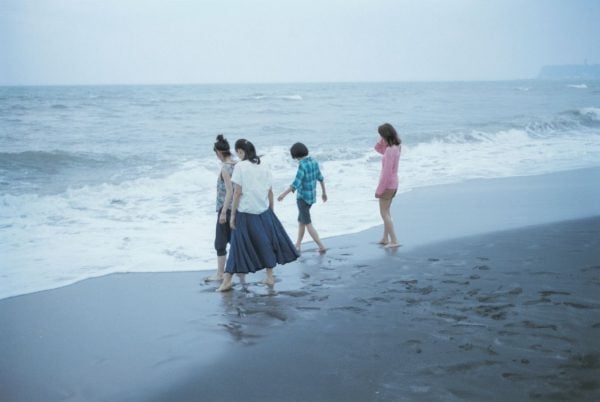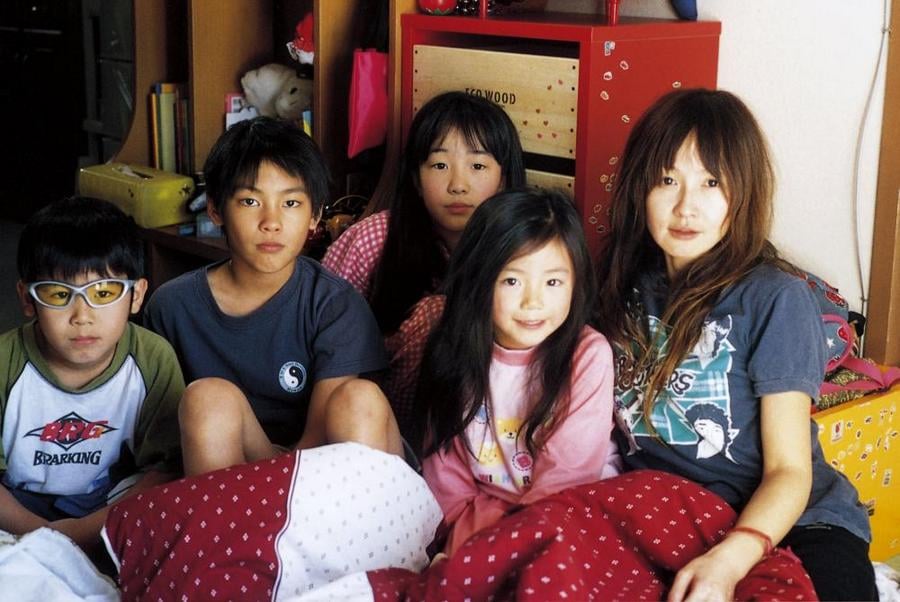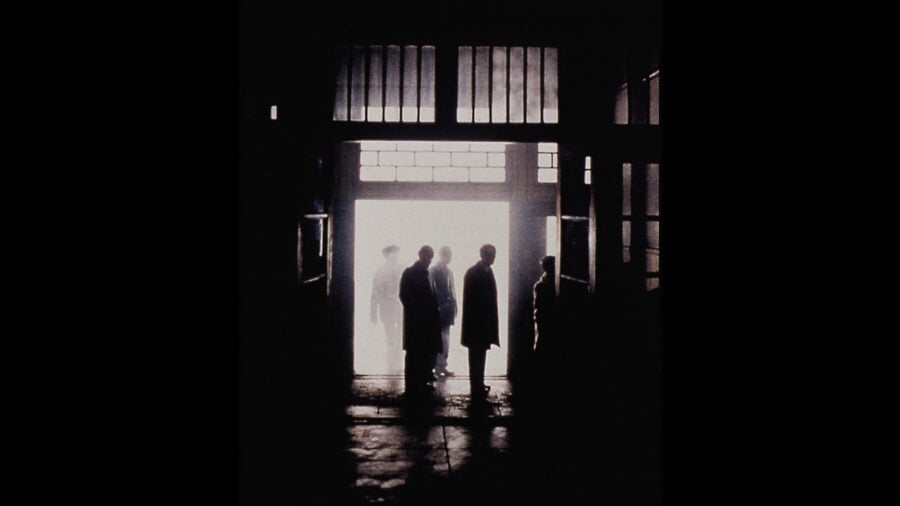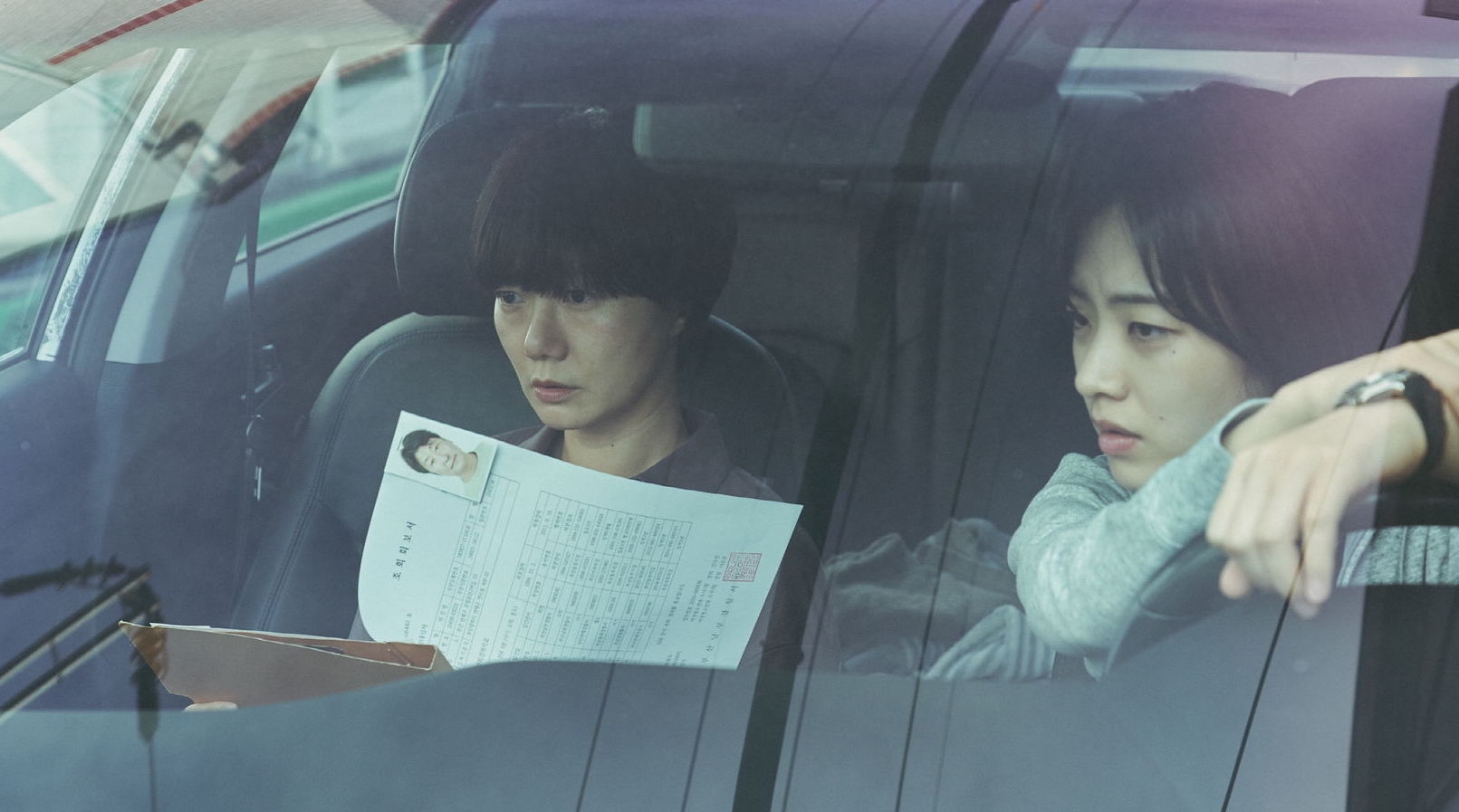Directed by Japanese filmmaker Hirokazu Koreeda, the Korean film Broker is a simple but tender story about chosen family. It follows Moon So-young (IU), a young mother who decides to drop her baby off at a church, seemingly for good. But when So-young decides to return for the child, she discovers that he’s been stolen by two brokers who’ve put the baby up for adoption on the black market. She joins them in the hopes of meeting her child’s prospective new parents (and staking a claim at the payment) but the more they spend time with each other, acting like a real family on the road as they do, the more it becomes real for her, and the more she feels conflicted about the decision she’s about to make.
As with any Hirokazu Koreeda film, Broker is an affecting, empathetic story that succeeds at humanizing its misunderstood cast of characters. Admittedly, it’s not the best Koreeda movie out there, even when the category is narrowed down to stories about found families (the best in that regard would be his 2018 film Shoplifters). And Koreeda fans will find Broker somewhat scrubbed and Disney-fied for a larger crowd, lacking the edge that his previous Japanese films had. But it is undeniably heartwarming and beautiful. The road trip setup allows the characters to build their rapport naturally, and the warm crisp tones capture the seabreeze ease of the film. Regardless of your view on Koreeda, Broker is well worth a watch.
Genre: Comedy, Crime, Drama
Actor: Bae Doona, Baek Hyun-jin, Bek Hyun-jin, Choi Hee-jin, Choi Hui-jin, Choi Hyo-sang, Choi Yoon-woo, Gang Dong-won, IU, Jeong Jong-yeol, Jong Ho, Jung Ji-woo, Kang Gil-woo, Kim Do-yeon, Kim Keum-soon, Kim Sae-byuk, Kim Soo-hyeon, Kim Sun-young, Kim Yae-eun, Lee Dong-hwi, Lee Doo-seok, Lee Ga-kyung, Lee Joo-young, Lee Moo-saeng, Lee Mu-saeng, Lim Seung-soo, Oh Hee-joon, Oh Hee-jun, Park Hae-jun, Park Kang-seop, Park Kang-sup, Ryu Ji-an, Ryu Kyung-soo, Seong Yu-bin, Song Kang-ho, Song Sae-byuk, Woo Sung-min, Yun Seul
Director: Hirokazu Kore-eda

